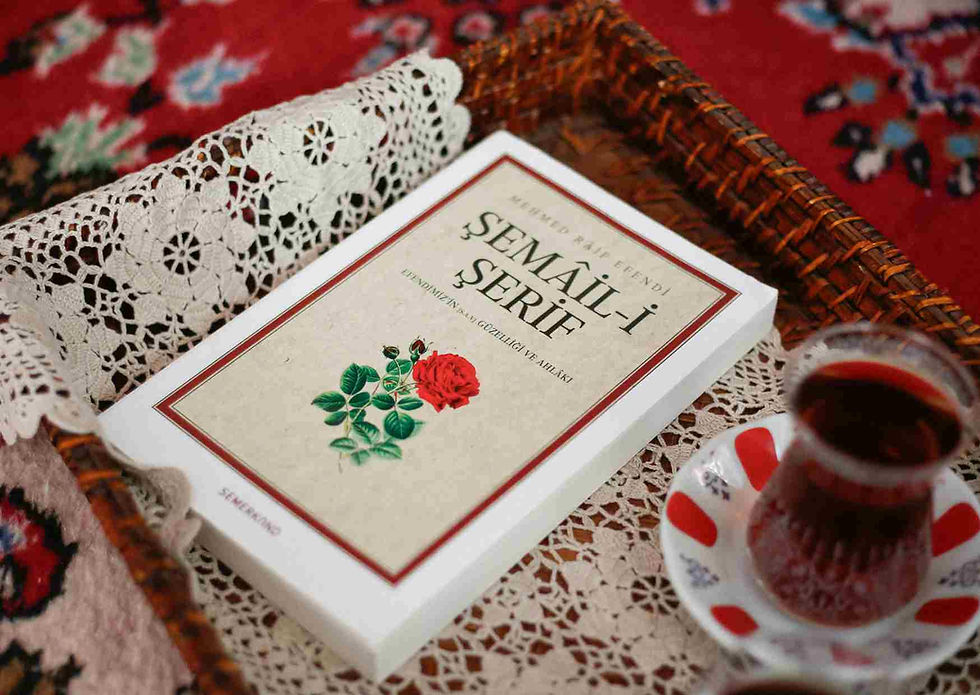THE INFLUENCE OF JAZZ MUSIC ON MODERNIST LITERATURE
- DE MODE

- Jun 14, 2025
- 2 min read
ORIGINALLY PUBLISHED IN DE MODE
Article Published on: 14TH JUNE 2025 | www.demodemagazine.com
Jazz music, with its improvisational rhythm, emotional depth, and cultural richness, played a profound role in shaping Modernist literature in the early 20th century. Emerging from African American communities, jazz became more than just a musical style—it was a symbol of innovation, resistance, and transformation. Modernist writers, eager to break free from traditional literary conventions, found inspiration in jazz’s spontaneity and syncopation.
One of the most evident intersections between jazz and literature is seen in the Harlem Renaissance, a cultural movement in 1920s Harlem, where music and literature flourished side by side. Writers like Langston Hughes, Zora Neale Hurston, and Claude McKay infused their prose and poetry with the rhythms and themes of jazz, capturing the pulse of Black urban life and the complexities of identity, freedom, and social struggle.

Beyond Harlem, authors such as F. Scott Fitzgerald—whose novel The Great Gatsby captures the spirit of the Jazz Age—used jazz as both backdrop and metaphor. The music’s wild, unpredictable energy mirrored the disillusionment and recklessness of post-WWI youth culture. Jazz became an emblem of both liberation and chaos.
Stylistically, jazz influenced stream-of-consciousness writing, seen in the works of Virginia Woolf and James Joyce, who embraced fragmented structure and improvisational prose—much like jazz musicians who riff and respond in real time. The use of rhythm, repetition, and unexpected shifts in tone paralleled literary experimentation with form and narrative.
In essence, jazz music didn’t just shape the soundscape of the early 20th century—it reshaped the way stories were told. It challenged writers to break rules, capture life’s unpredictability, and embrace the beauty of raw expression. The legacy of jazz lives on in the syncopated heartbeat of Modernist literature.



Comments